By: Attiqa Syeda And Rehan Mirza
Introduction
The practice of teaching/instruction (Ta’leem) is deeply connected to the practice of etiquettes/manners (Ta’dib or adab). The success of these two things is contingent upon and sets the initial foundation in the child they receive from their parents/guardian in form of their religious development (Tarbiya). One of these things can and does exist without the presence of the other, especially in the modern times but it cannot give optimal results that one may hope to see from the noble purpose of education. Islamic education should lead to a positive human transformation but often times, it does not. Looking deeply into the reasons for this, this complex and highly debated matter can move to healthier resolve by the simplicity of establishing a sanad (connection) between the three duties we as parents/guardians/educators have towards our children.
The dominant culture in the West has emphasized teaching and learning in a structured, sometimes rigid and mechanical fashion. Knowledge taking and imparting is usually impersonal done in large groups by segmenting similar age groups together. The human child from a young age is dynamic, personable, creative and most importantly curious for learning everything around them. We do not have to teach our children how to learn, they are born with the capability, desire and inherent curiosity for learning. Parents and educators play the role of a guide providing guidelines and roadmaps, nurturing, showing compassion and love, which will help shape the child’s heart, character, and soul so that it is ready for the journey in understanding their purpose in life, understanding what makes things meaningful and realize their full potential.
Purpose
The purpose of this paper is to show how to establish this connection by presenting the Sanad Prep Model: An empathetic approach to teaching and learning. The following four criterions/methods are intended to bridge the missing connection between a highly developed curriculum that does exist but lacks effectiveness and practicality. These guidelines are applicable to and address the needs of young students, from kindergarten to middle school. Once the child reaches maturity, many of these criterions are already established in the person in form of their behavior, characteristics, and qualities.
- Developing the Intellect through an Empathetic Approach to Learning and Teaching
- Creating a Healthy Environment that Removes Apathy
- Effects of Beneficial Company and Behaviour Towards Others
- Establishing Manners that lead to Transformative Results
1. Developing the Intellect through an Empathetic Approach to Learning and Teaching
It is not intellect we teach our children, it is the information we feed their minds, hearts, and souls. If that information is being transferred to a mind, body, heart, and soul that has been let loose in their tarbiya and ta’dib, that information is futile. That knowledge will not benefit the one who has acquired it. The role of the parent and the educator is to develop this intellect in the child by focusing our energy on experiential knowledge or making connections with that experiential knowledge than to simply feed information to it. We need to use Connection of Compassion over Logic and Ration, especially in these early years of the child’s life. Developing the intellect demands personability and closeness with children, which in the current schooling system is negligible or almost nonexistent.
2. Healthy Environment that Removes Apathy
Is it enough to place Muslim children in a classroom together under the banner of Islamic schools and just teach them all subjects including Qur’an, Islamic studies, fiqh, etc.? Will that reinforce the norms, culture, faith, and values we wish for our children to internalize? Can that automatically make the environment better and safer than what they experienced in public or private schools? The frank answer to all of those questions is: NO! So what can? The Sanad Prep model with its characteristics and uniqueness in approach.
3. Effects of Beneficial Company and Behaviour Towards Others
We as parents underestimate the company our children keep in schools, considering it is eight hours of their waking life each day. Moreover, we seldom try to understand the reason for the way our child is behaving or how much influence they are under by that company. Many times, our children develop dual personalities, one that is for Muslims and one that is for the world. The reason for this dichotomy, especially at a young age, is not intentional. It is only normal and expected given the company they keep. Raania’s story as told by her father:
“Raania who is 10 years old and in 4th grade now, began Sanad almost two years ago. My wife and I were nervous about the change and transition as Sanad is nothing like your traditional Islamic school so naturally, we were concerned. She was previously attending a public charter school. But the transformation she went under was unbelievable to us. She began to show interest in and do things we did not think she was capable of. She made huge accomplishments just in the first year in her academics for standard and sacred sciences. Her grades improved. She memorized more Qur’an than us, knew ahadith by heart, knew tafseer with understanding and frankly spoke about what she learned. Even more remarkable than this was her attitude and behavior change. She woke up on time for school, got ready and looked forward to starting her day afresh and anew. She engaged more and her manners and etiquettes improved. Raania after Sanad became a happier, better behaved, motivated and self-directed child. A model that is capable of doing this for our daughter within a year, it was no a brainer for us to continue her into the program.”
4. Establishing Manners that Lead to Transformative Results
This part is the key that unlocks the hidden potential in every individual. The one who succeeds in establishing sound manners (ta’dib) in a person has indeed done a noble work. Intellect is not taught but adab is. This is the only and real leveler for all individuals no matter their intellectual, emotional or cognitive abilities. Every human being can strive to attain good character and avoid bad qualities irrespective of their faith, heritage, culture, and gender. It transcends all differences and has the potential of igniting the spark of humanity in every individual.
The Reveal of Sanad Prep’s Model and Some Characteristics
So, what does Sanad do that is different from other schools including Islamic schools? Here are some things that make it unique based on the prophetic model of empathy:
- Small class sizes that allow for personable rapport between student and learning coach.
- Uncompromising emphasis on adab.
- Quality and trained learning coaches.
- Empathetic seerah that is integrated into all we do throughout the day.
- Living Islam model.
- Guaranteed parent commitment.
- Daily assembly with intention, hadith lesson, Doha prayer and salaam.
- Connection to Sanad Trust family of services.
- Seamless integration of technology for the 21st-century learner.
Sanad Trust would like to invite you on February 2nd, 2019, to our 8th Annual Benefit Dinner, at Mehfil Banquet Hall, 7 p.m., where you will have the opportunity to meet and hear the staff and students. If you are interested in hearing more about the Sanad Trust Foundation or would like to schedule a tour of our facility, please contact Syeda Baig, Development Coordinator, at syeda@old.sanadtrust.org.
This is a test bio for the widget style
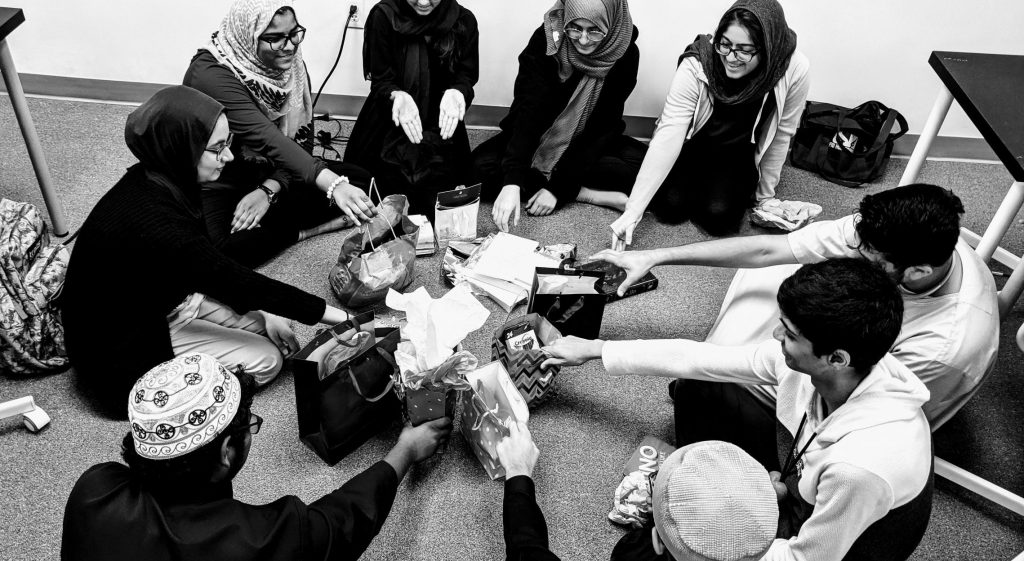
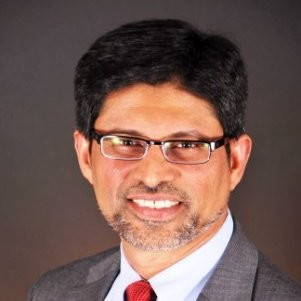

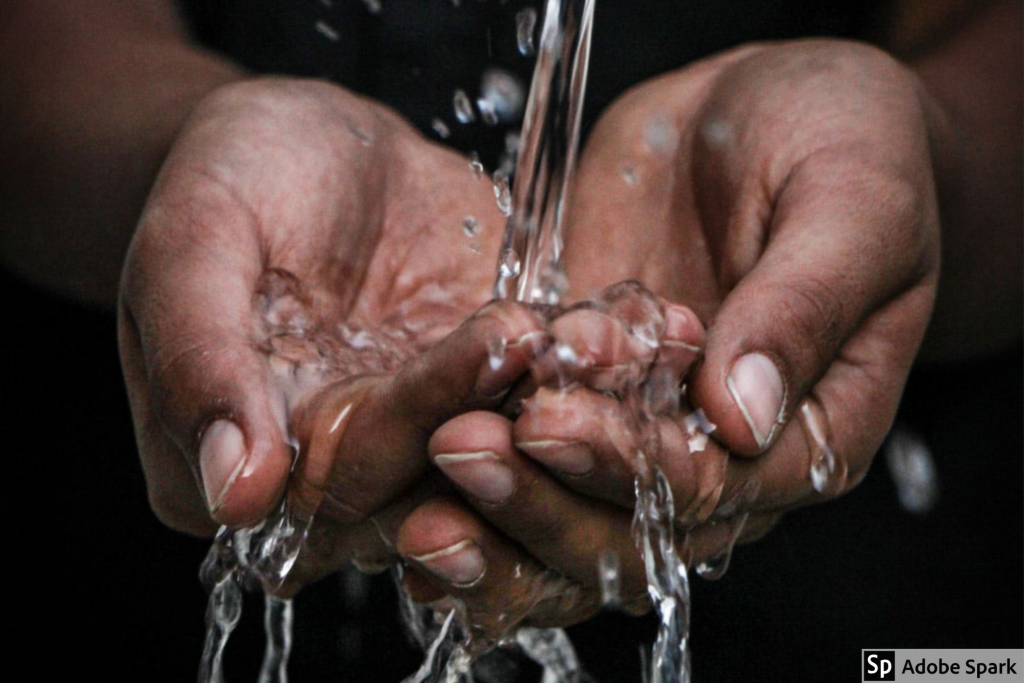
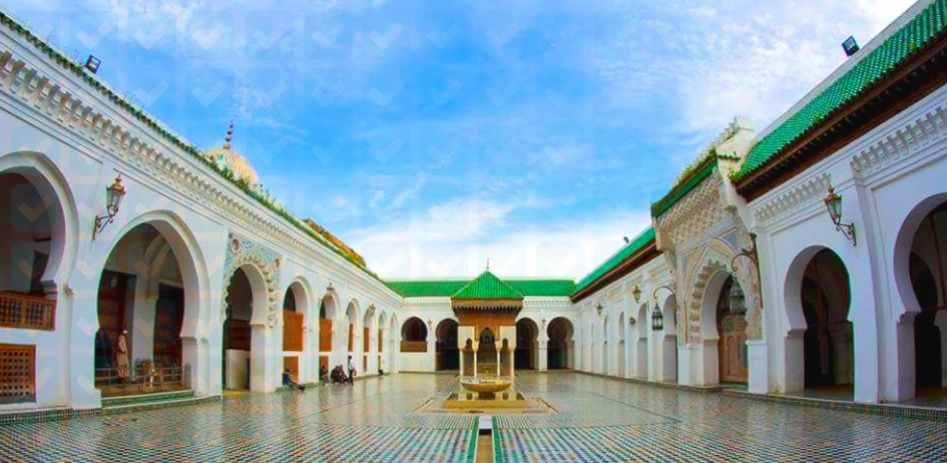
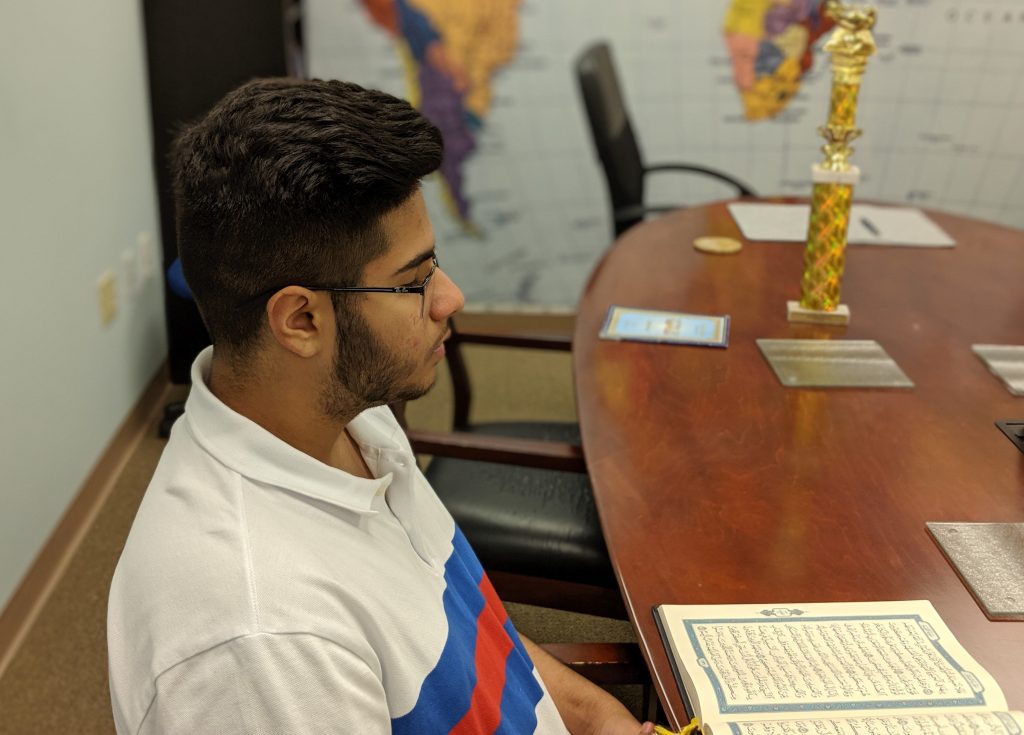
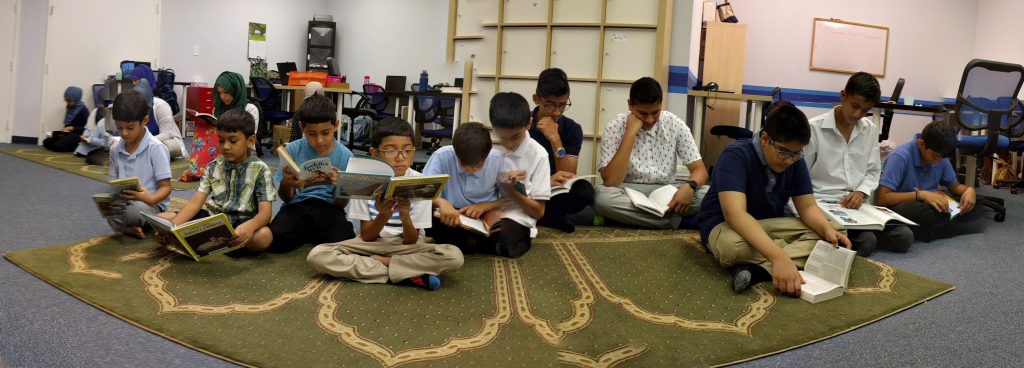

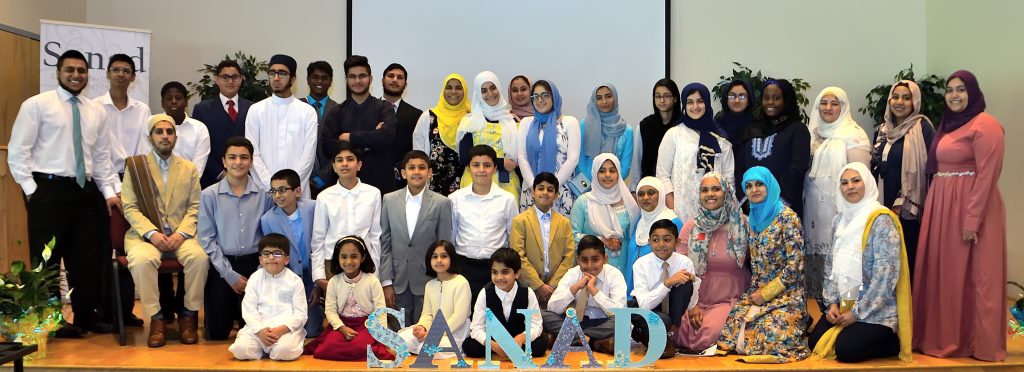
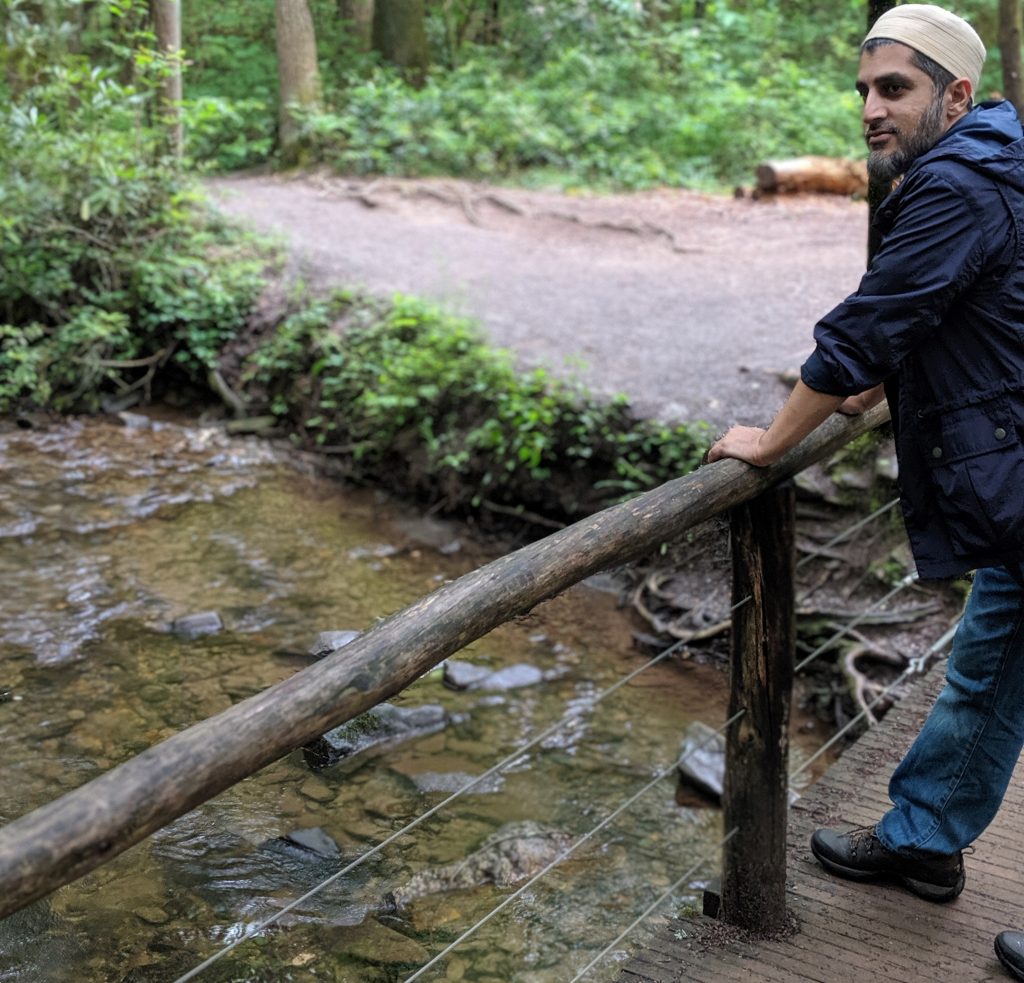
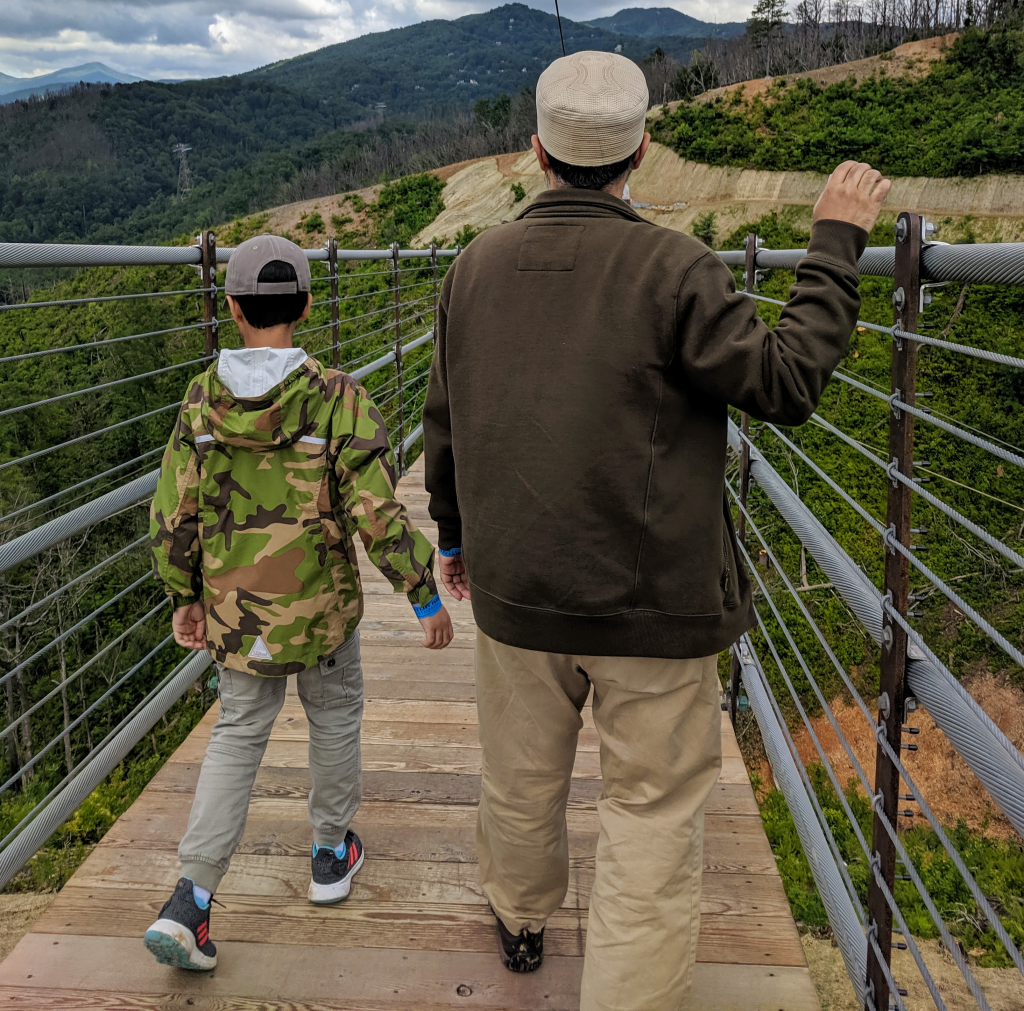

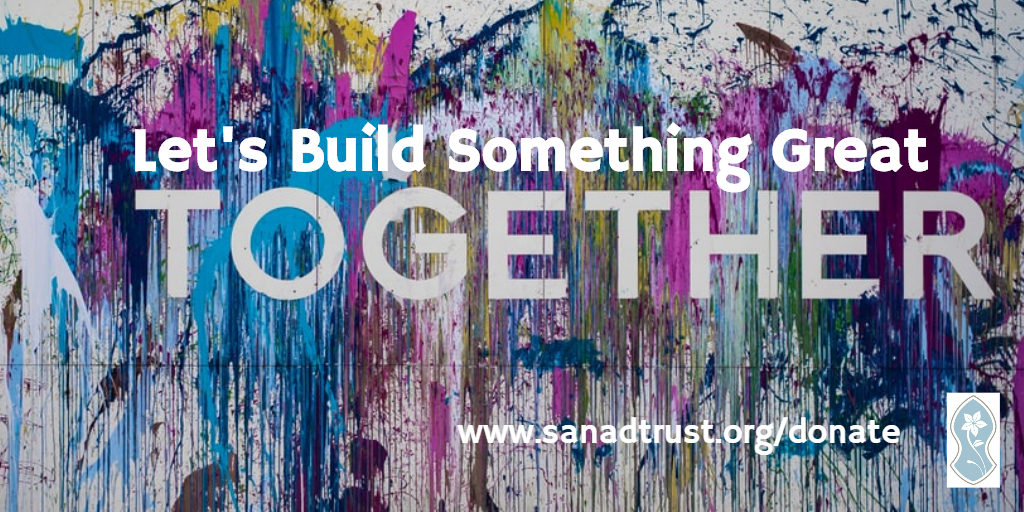
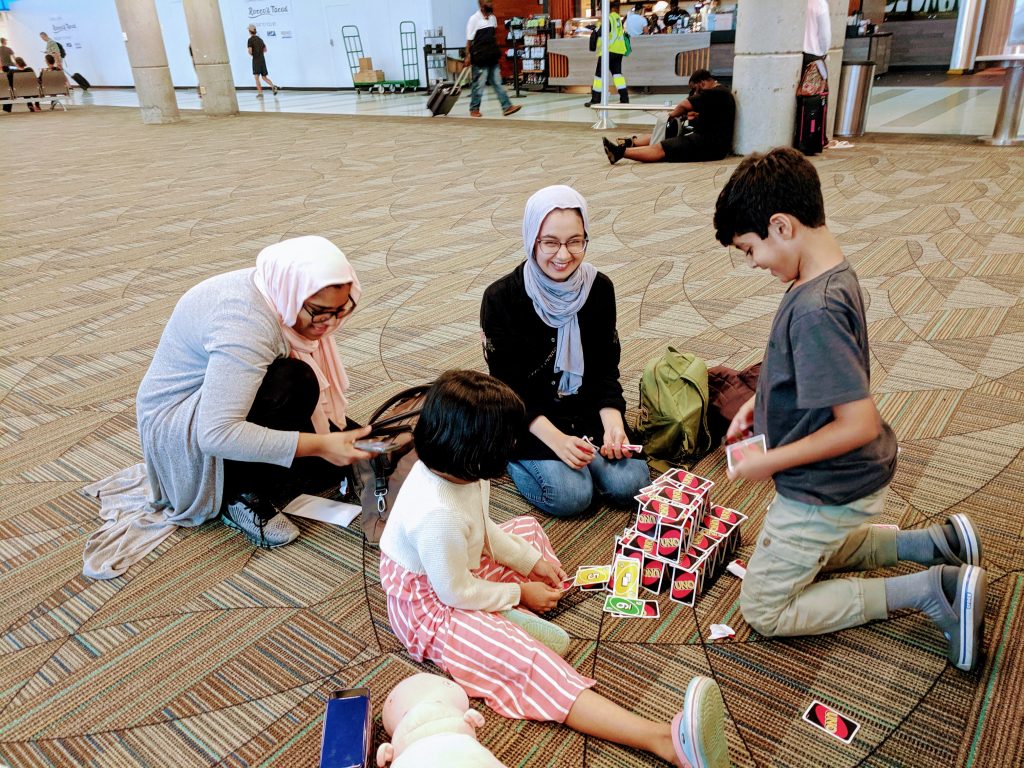
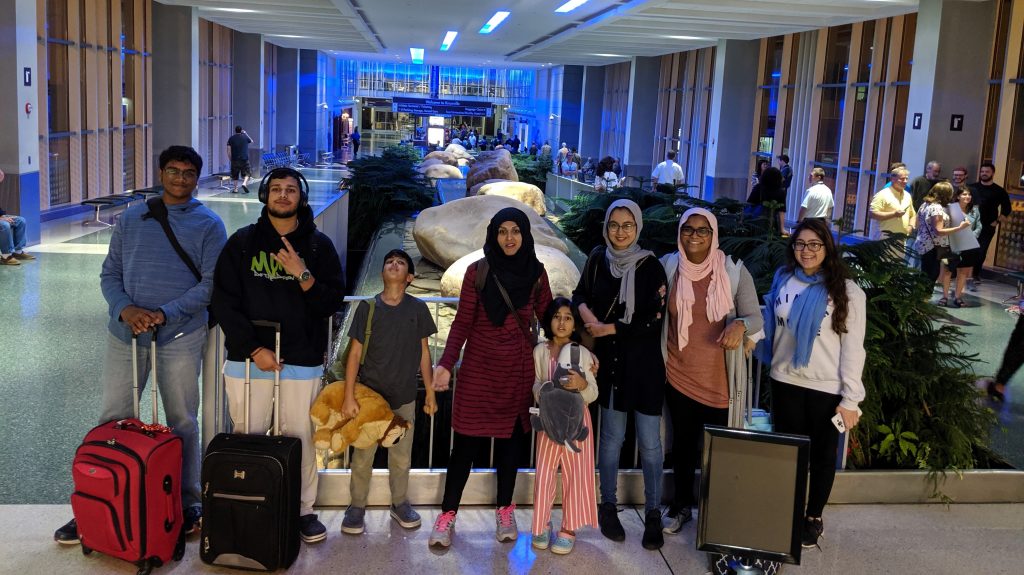

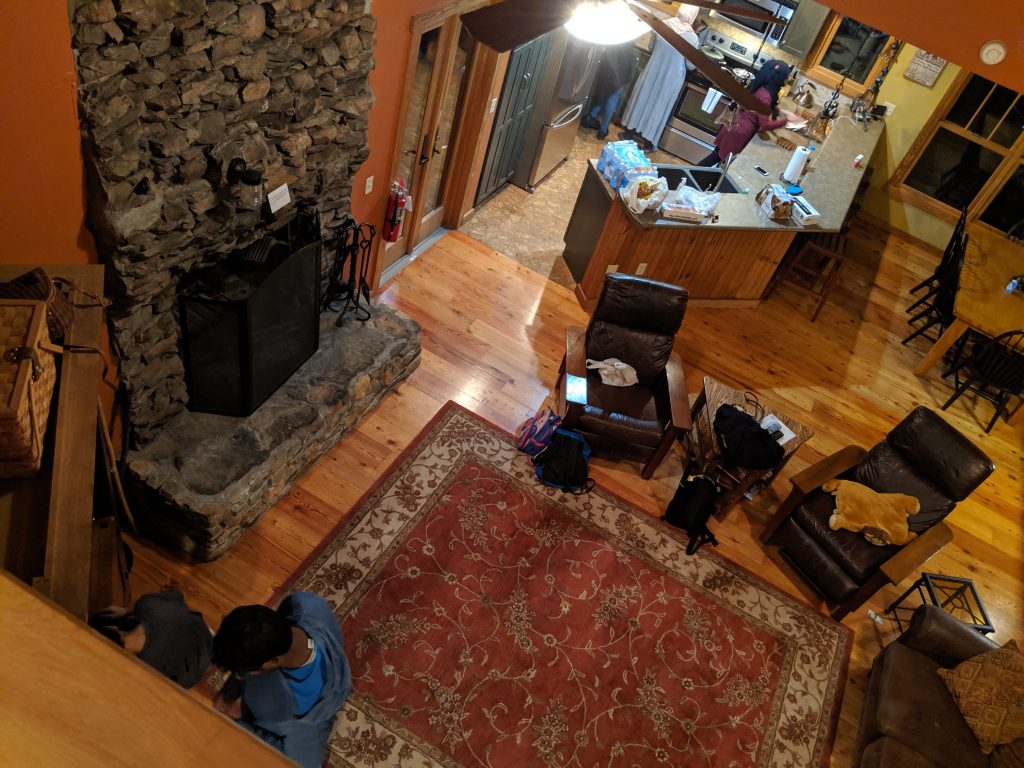

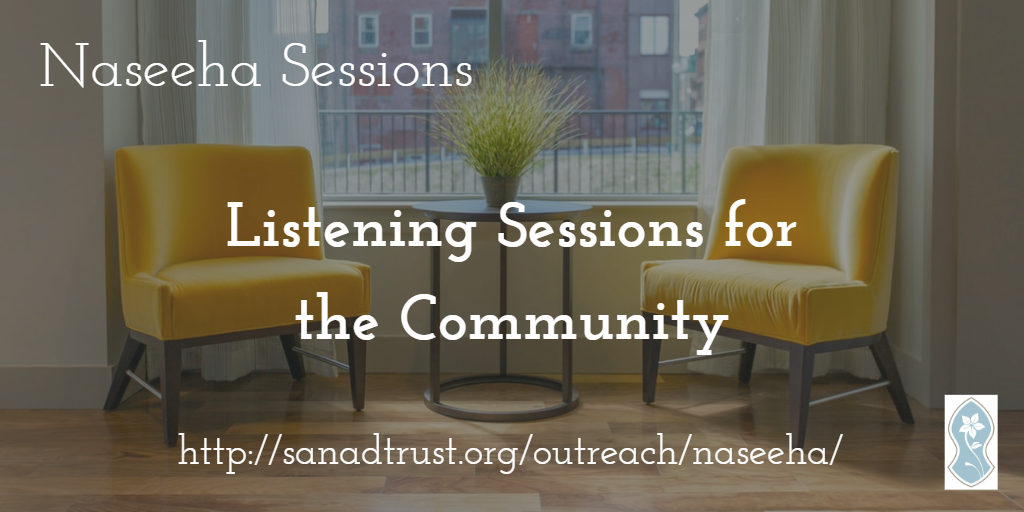
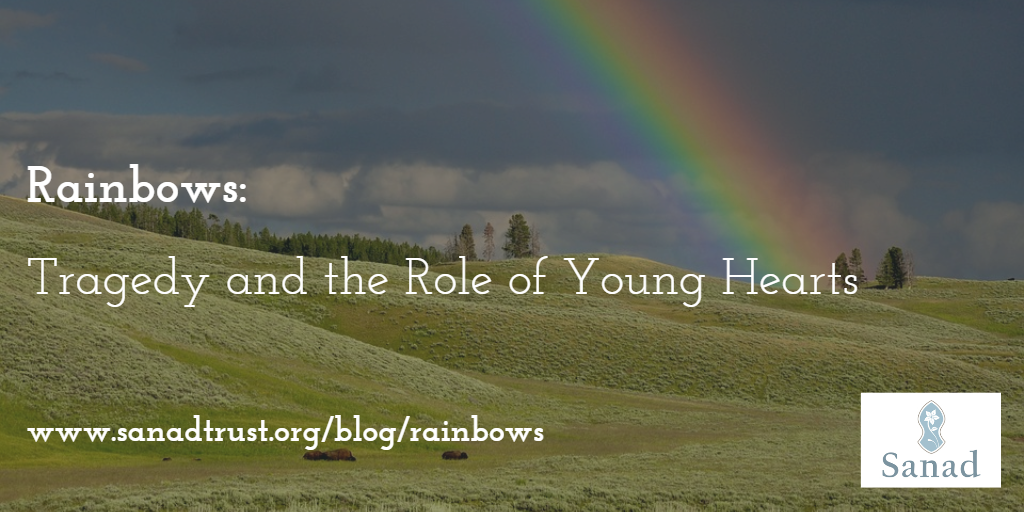
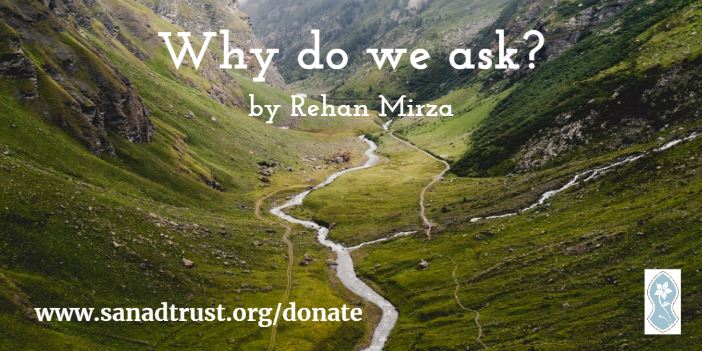
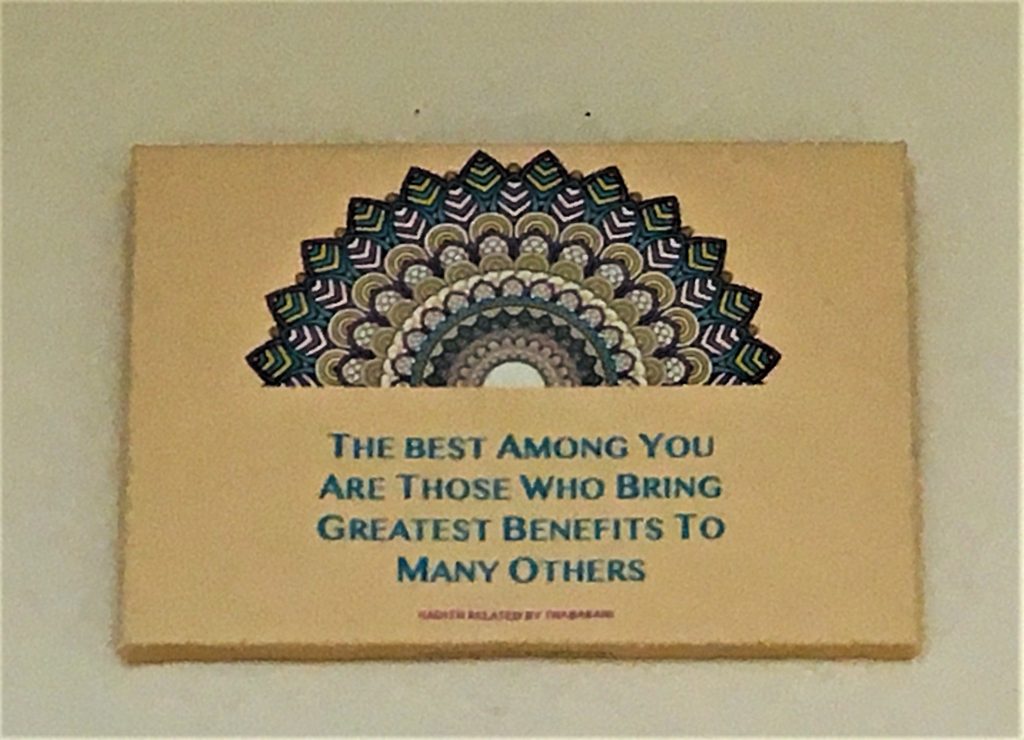
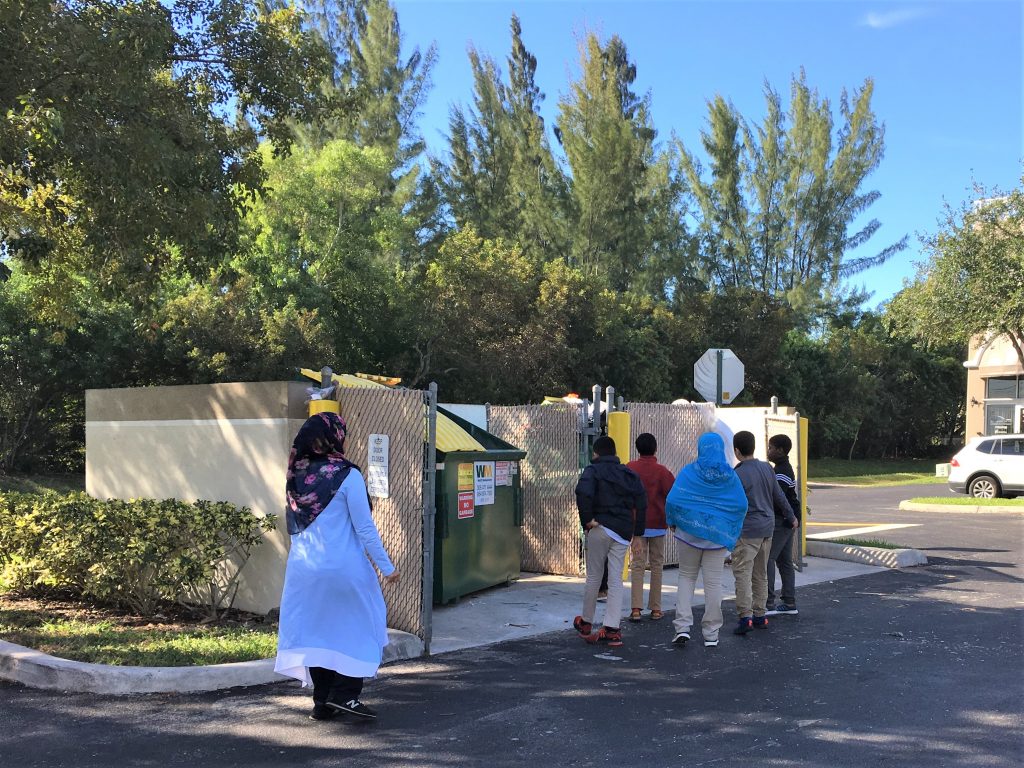
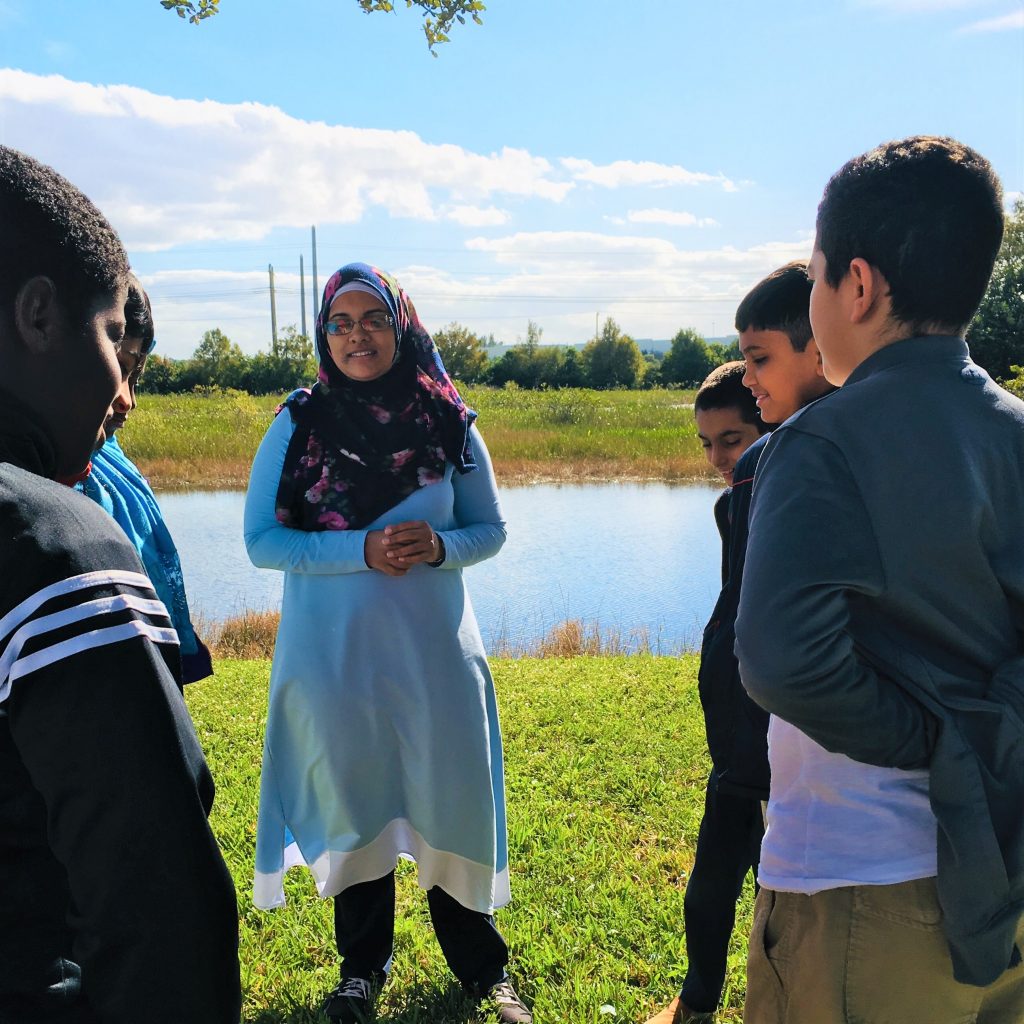 In reflecting about her experience thus far being a learning coach at Sanad Preparatory, Sister Ameena says,
In reflecting about her experience thus far being a learning coach at Sanad Preparatory, Sister Ameena says,